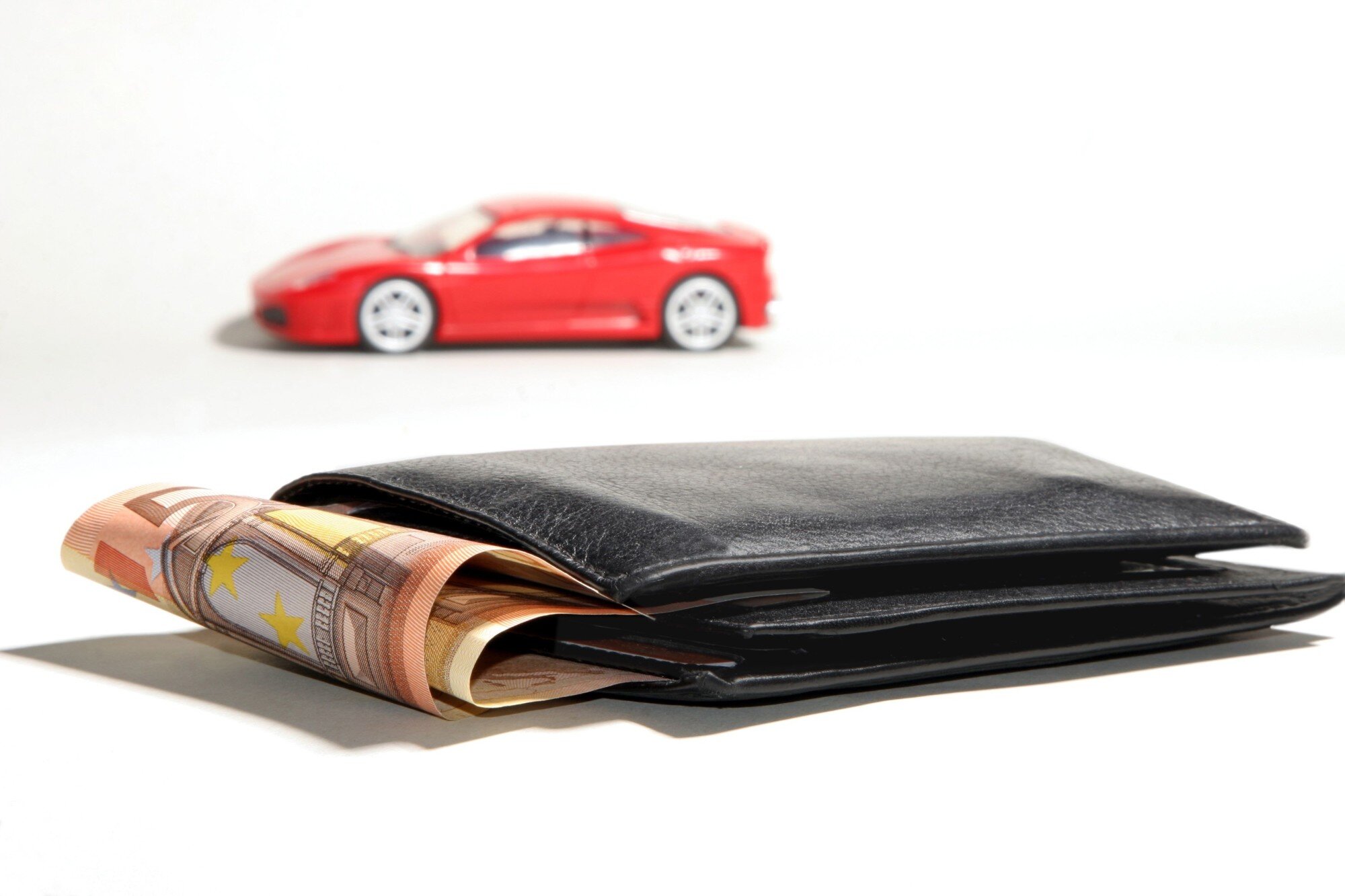Personal Loan Vs Car Loan: Whats The Difference?
Personal Loan Vs Car Loan: Whats The Difference?

It’s important for an individual to distinguish between a personal loan and a car loan. We share how to tell the difference between a personal loan vs car loan.
An average new car in America will set you back $32,000. This amount is too steep for many to pay for in cash.
For most people, taking a car or a personal loan is the most viable option but which should you go for between the two?
To answer that question, it’s important to understand what each of these options entail. In this article, we shall make an analysis of personal loan vs. car loan to help you make the right choice.
Personal Loans
A personal loan is an unsecured facility that provides the borrower with funds from the lending institution. The institution is most often a bank.
The funds are advanced in a lump sum, and the borrower can channel their loan funds towards any venture they see fit. These loans typically range from $1,000 to $ 50,000.
A personal loan can also be secured, meaning you attach an asset of value to your loan. On default or inability to repay your loan, the lending institution can seize the property to recoup their funds.
However, most borrowers opt for the unsecured loan.
Interest Rate
Because of the risk involved, unsecured loans attract higher interest rates than secured ones.
Their requirements are also more stringent, with the borrower’s ability to repay and previous credit history being scrutinized.
It does not end there, the amount you qualify for, and the interest rate at which a lender advances your loan are both dependent on your credit rating.
Even though there are things you can do to improve your credit rating, you will have to contend with high interest rates if your rating is less than stellar.
Loan Term
Personal loans have a repayment period attached. The longer the repayment period, the higher the interest you will pay by the time the loan comes to term.
The reverse is also true; you pay less interest with shorter loan terms. However, you should go for these only when you are absolutely confident that you can comfortably pay the higher amounts.
Car Loan
These loans are considered a secured loan.
The security, in this case, is the car you intend to buy. If you default on your payments, the dealer repossesses the vehicle to recoup his money.
The borrower makes fixed payments over the duration of the loan. As the borrower, you take physical ownership of the vehicle, but the financier owns the asset until you make your final payment.
Interest Rate
Because the car you buy is also collateral for your loan, a car loan is deemed to be low-risk financing.
It, therefore, attracts lower interest as compared to a personal unsecured loan.
The interest rate is also fixed from the onset, cushioning borrowers from increases experienced with personal loans.
Loan Term
Most car repayment terms are under 36, 48, or 60 months. Again, the monthly payments are higher for shorter repayment terms and lower with longer repayment terms.
Conversely, the interest paid is higher for more extended repayment periods than for shorter ones.
Unlike a personal loan where your credit history features prominently, your credit rating does not significantly affect your car loan application.
Similarly, an unfavorable credit rating does not significantly impact your borrowing amount nor interest rate.
This means you can still go for a pricey car with a poor credit rating.
Personal Loan vs. Car Loan: Pros and Cons at a Glance
As already discussed, these loans have their similarities and differences. They also have their advantages and disadvantages.
Personal Loan
The merits or personal loans are two-fold.
The first is that you can use your personal loan for a car, or channel it to other uses, partially or wholly. As such, a personal loan also offers more flexibility in repayments.
Personal loans do have a downside, however.
Due to their unsecured nature, personal loans employ stricter eligibility criteria and requirements. Upon qualification, you also pay higher interest rates.
Personal loans also lock out people with poor credit scores.
Car Loan
Car loan applicants enjoy lower interest rates, with faster approval processes. If you need a car and have a poor credit history, a car loan might be the only financing option available to you.
This notwithstanding, you need to put up a deposit to get a car loan. The amount will be dictated by the total cost of the car. This can be limiting.
In addition to this, you do not fully own the car until you have made your last payment.
Tips for Shopping for Financing for a Car
Whether you go for a personal or a car loan, there are tips to help you find a good financing option.
1. Determine How Much You Can Spend
Determine how much you can afford to spend. A rule of thumb is that you should be able to repay the loan within three years.
This cuts down the amount of interest and prevents you from paying more than the real value of the car.
2. Make Loan Comparisons
Contact your local banks and credit unions to see if you can be pre-approved for a loan, and what the interest rates are.
Compare bank rates with dealership rates, and do your research on any discounts that can be offered to you.
Find out if setting up automatic loan repayments or switching banks will lower your interest rate as well.
All this information will point you towards the most affordable option.
3. Have Your Financial Information Ready
The pre-approval process may include producing proof of income documents.
Be ready with this information, as well as any other financial information that can help your loan be approved and disbursed faster.
4. Start Shopping Around
When you reach advanced stages of loan approval, you can get to the fun part, which is shopping for and test driving different cars.
A personal loan offers more leverage in terms of bargaining power on your car of choice.
Do not shy away from negotiating with a dealer either. Shop around and find out the going rate for the car you want.
If you have an older car, it might seem easier to trade it in. While this is one way to go about it, selling your old car independently will give you a better return than trading it in.
Which Should You Go For?
The key take away on the personal loan vs. car loan question is to understand the differences and measure either type of loan against your circumstances to find the best fit.
First Financial is a leading financial solution provider to people with a poor credit score. Contact us today if you are in need of a personal or a car loan.
